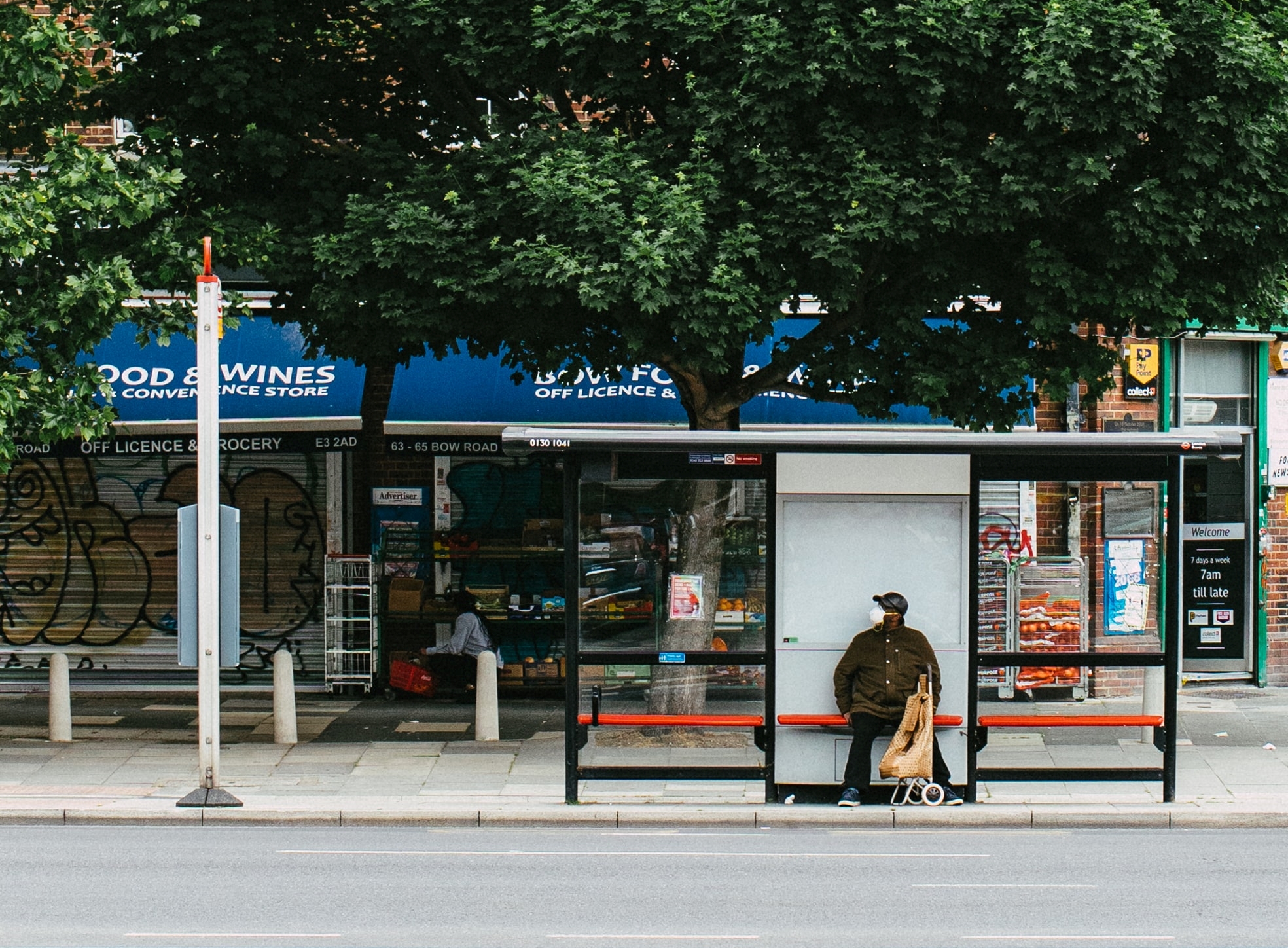Reconceptualising Loneliness in London
Exploring the structural influences, drivers and unequal distribution of loneliness in the UK's capital.

Social integration cultivates trust, connection and equality. Yet, we know that too many Londoners lose out due to loneliness because they lack meaningful relationships, a sense of belonging to a place and a feeling of being valued by others.
Loneliness by its nature can be hard to identify in our communities. It can be hidden amongst the people we know and is often hidden amongst the people who are systematically excluded from public and communal life.
The Reconceptualising Loneliness in London Report
The Reconceptualising Loneliness in London report, authored by Neighbourly Lab, Campaign to End Loneliness and What Works Centre for Wellbeing, was commissioned by the Greater London Authority to explore the unequal distribution of loneliness across the capital. Building from the Mayor’s Strategy for Social Integration, the research illuminates some of the factors and experiences that impact on Londoners’ collective capacity to build equal and meaningful relationships across differences.
The research starts a new and challenging conversation about the structural factors that contribute to loneliness in our city and proposes innovative areas for action to help funders, local and central government, civil society organisations and each of us as individuals to prioritise relationships in the emerging recovery from the pandemic.
This research presents a fresh wake-up call for everybody invested in the health of Londoners and the health of our communities.
Key findings
Londoners are more likely than others in the UK to be affected by severe forms of loneliness.
- 700,000 of them feel lonely ‘most’ or ‘all of the time’. The pandemic is very likely to have exacerbated this further.
Loneliness is felt unequally and disproportionately impacts some groups. While overall 8% of Londoners experience severe loneliness, this is:
- 12% for young Londoners;
- 18% for low-income Londoners;
- 15% for LGBTQ+ Londoners;
- 12% for single parents;
- 18% for Deaf and Disabled Londoners
- and as high as 14% for some ethnic minority groups.
Five key associative factors help to explain what is driving the most severe loneliness in the capital. These factors are:
- Being acutely poor.
- Being single or living alone.
- Being Deaf or disabled.
- Going through life changes or being new in London.
- Feeling different or experiencing prejudice.
These factors highlight how wider, structural problems contribute to the emotional and physical isolation of severe loneliness.
To explore the findings in more detail, download the full report here.
![]()
[gravityform id=1 title=true description=true ajax=true tabindex=49]



